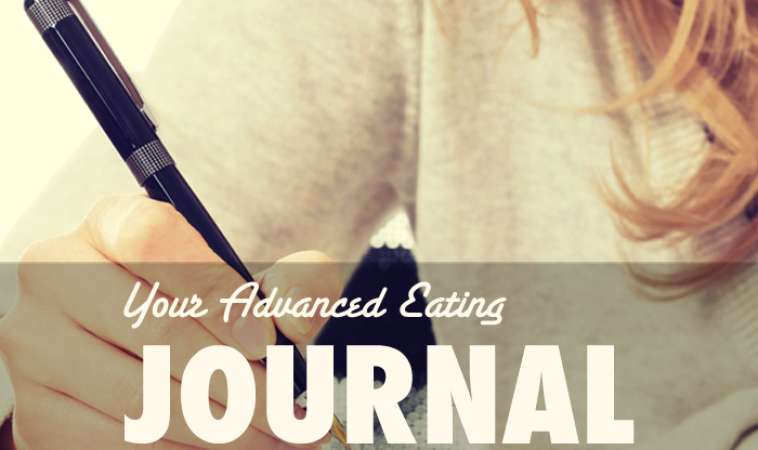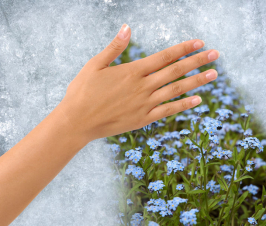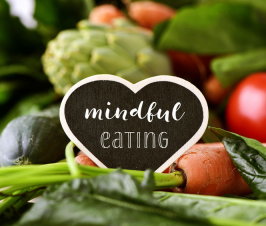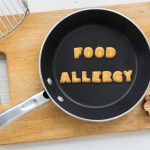Dr. Charley Cropley, ND
@CharleyCropley
Congratulations on your desire to learn even more about your relationship with food by keeping an advanced eating journal. As you progress with this study your journaling will focus more on you than on food; e.g. your energy level, internal dialogue, moods, friends, and hunger. All of these powerfully effect what, when and how much you eat and vice versa. As you use your journal to study these influences you will find that your journaling evolves from merely recording what foods you have eaten to being an honest and passionate investigation into your own self.
Clearly, it is necessary that you understand what foods are optimal for you to eat. However after learning this many people attempt to comply with these new “diet” instructions by using force, shame, guilt etc. First, I am NOT teaching you a diet. Rather this is a path of learning to eat more intelligently and kindly. Secondly I am especially not wanting you to force or coerce yourself. It does not work. You will learn to improve your eating quickly and permanently by expanding your understanding of what the act of eating actually is and of what is actually taking place when you eat. The act of putting food into your mouth is only the tip of the iceberg. The act of eating includes and is inseparable from your thoughts, moods, feelings, relationships, energy etc. In short, your eating is an expression of you.
It is futile to struggle to improve what you put in your mouth while ignoring these other aspects of yourself that compel you to eat the way you do. Your aspiration is to have YOU, not circumstances be what determines your eating. To the degree you gain control of your eating (of all your actions) you also gain control over your so called illnesses.
Use your Advanced eating journal to record the influences on your eating listed below. You will probably also want to use regular paper to do more in depth journaling.
Understanding Is Power
You gain power in your relationship with food not by force but by expanding your understanding of what is actually happening when you eat. I.e. By paying caring attention. Your eating journal is a powerful tool for focusing your attention on your eating.
Below is a list of powerful determinants of your relationship with food. Read these over. Circle the ones that most influence your eating and then we can discuss these at another visit.
Your Intention
Your desire for Health is innate, natural. This desire will never leave you. In contrast cravings and desires for unnatural substances are weak desires that are driven out by the power your good desires.
How clear was your intention (good desire) going into and during the meal? Did you sincerely pray to eat in alignment with your real intent?
Your Internal Dialogue
The judgments and assessments you make about what you eat are more injurious to you than the
actual foods themselves. By discovering the undermining messages you subconsciously give yourself and upgrading them to supportive, inspiring ones is essential if to making marked and sustainable improvements in your eating. If you want a great exercise for this ask me for the article entitled “Sin Boldly”.
Write down the specific judgments and emotionsyou indulge most and with what intensity these disturb or comfort you. (1 – 10)
- Hunger: Nature has endowed you with only one motivation for eating… hunger. Learning to eat only when you are hungry and stop when you are not is one of the most powerful healing disciplines you can undertake. When you are truly hungry, simple foods become agreeable. When you are not, your appetite is fickled. You become picky and choosy like a spoiled child. Catering to fickled, spoiled desires creates a fickled, spoiled body.
- Time: Do you find there are certain times of the day that you eat better or worse?
- Locations: Do you eat differently at home, work, restaurants, or in your car?
- Friends and Family: How is your eating influenced by the people you are with? Your relationships exert a huge influence on your food choices.
- Social Functions: Dinners, parties, holidays, vacations. It is an art to be able to enjoy your celebrations fully and also eat in a manner that leaves no sting of regret.
- Your Moods and Emotions: Take time become aware of what you are feeling and thinking. Are you hurried and worried or relaxed and cheerful? There is much you can do to improve your state before eating. Relax your body, soften your breath and gently cultivate gratitude for yourself and your food.
- Preparation: Most of us would happily choose better foods if they were available to us. To what degree are your food choices determined by what is available?
- Energy, Sleep and Rest: Just as with hunger, moods etc. you can use your journal to become more aware of how you eat when you are tired vs. when you are vital and energetic. I personally eat the most poorly when I am fatigued. Possibly one of the easiest and most enjoyable ways to improve your eating is by going to bed earlier, sleeping in later, or taking a nap.
- Attitude and Intention: Pause to pray. Set a deliberate intention for yourself before you begin eating and cultivate an attitude of confidence that you can accomplish this intention. Be grateful that right now you get to practice how to gain control over your eating and Health. At the end of your meal, take a moment to reflect on how well your eating expressed your ideals. Regardless of what you ate return to a state of peace and satisfaction before going forward into your next activities. You want to get up from the table feeling nourished on all levels.
- Posture, Breathing and Chewing:By making these actions more mindful you interrupt the unconsciousness of habitual eating. Infusing these physical aspects of your eating with caring attention is a gentle way to soften the tension you have around eating.
Final thoughts:
- Think about what comes first your emotions or what you eat. Are you actually addicted to an emotional state that you use food to maintain? Or are you addicted to foods that poison your emotional body?
- When you feel badly either physically or emotionally get out your journal and bring your caring attention to your suffering. Investigate the deeper causes. Learn how you brought this about.
Lastly, I admire you for your strong efforts to bring forth goodness.
You are walking a path that never ends. Therefore make it nourishing right now. By enjoying this art of studying yourself you will naturally want to continue it.
-Charley
Dr. Charley Cropleyhas been a practicing Naturopathic Doctor, teacher and author in the Boulder/Denver since 1979. He has trained hundreds of doctors in his methods of nutrition and Self-Healing. He teaches a variety of courses and retreats. He is author of numerous articles, several books, a blog and an array of audio and videos. He is a frequent lecturer at the colleges of Naturopathic Medicine, and is regarded by his peers as one of today’s leading thinkers and teachers in the philosophy and practice of Naturopathic Medicine.
Charley works with all types of Health problems using no medicines or supplements. He teaches his patients to Heal themselves through wholesome nutrition, strengthening exercise, positive thinking and honest, caring relationships. He lives what he teaches.


















